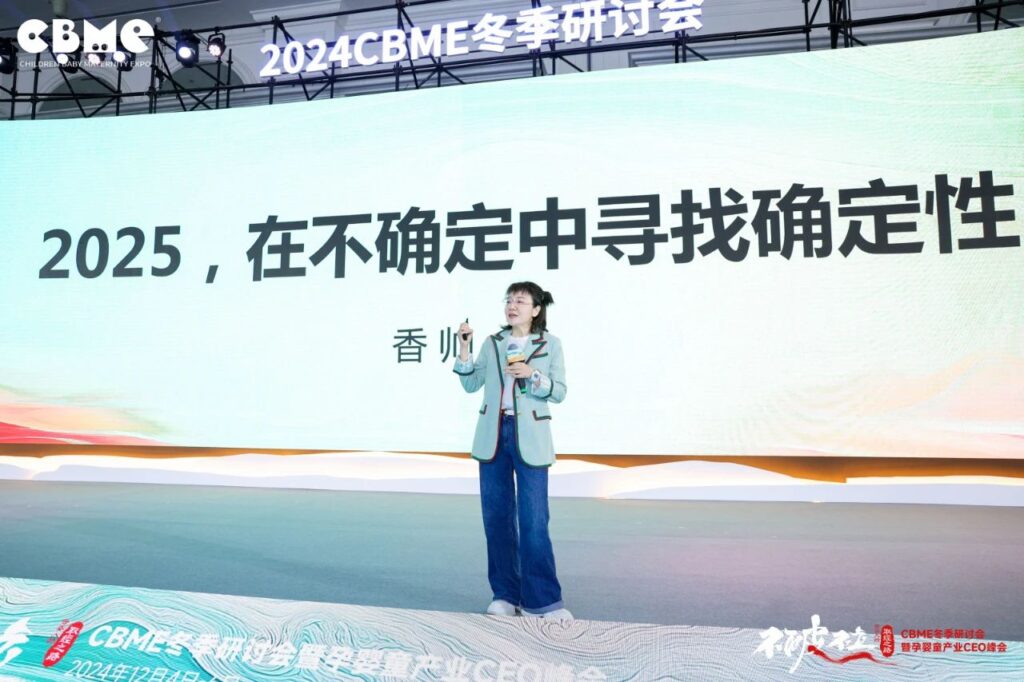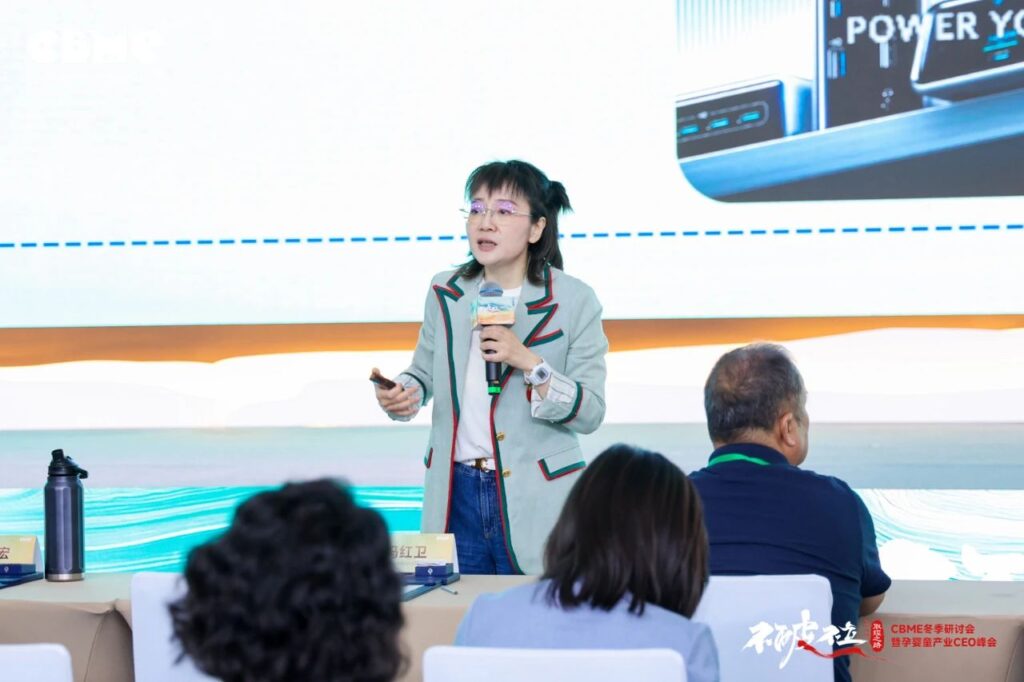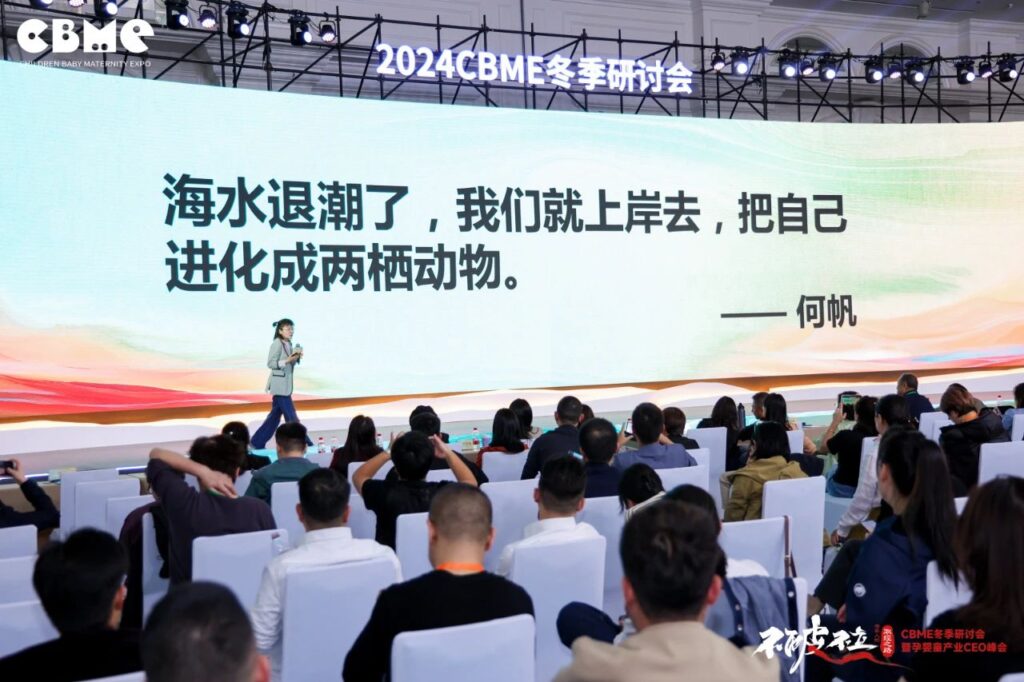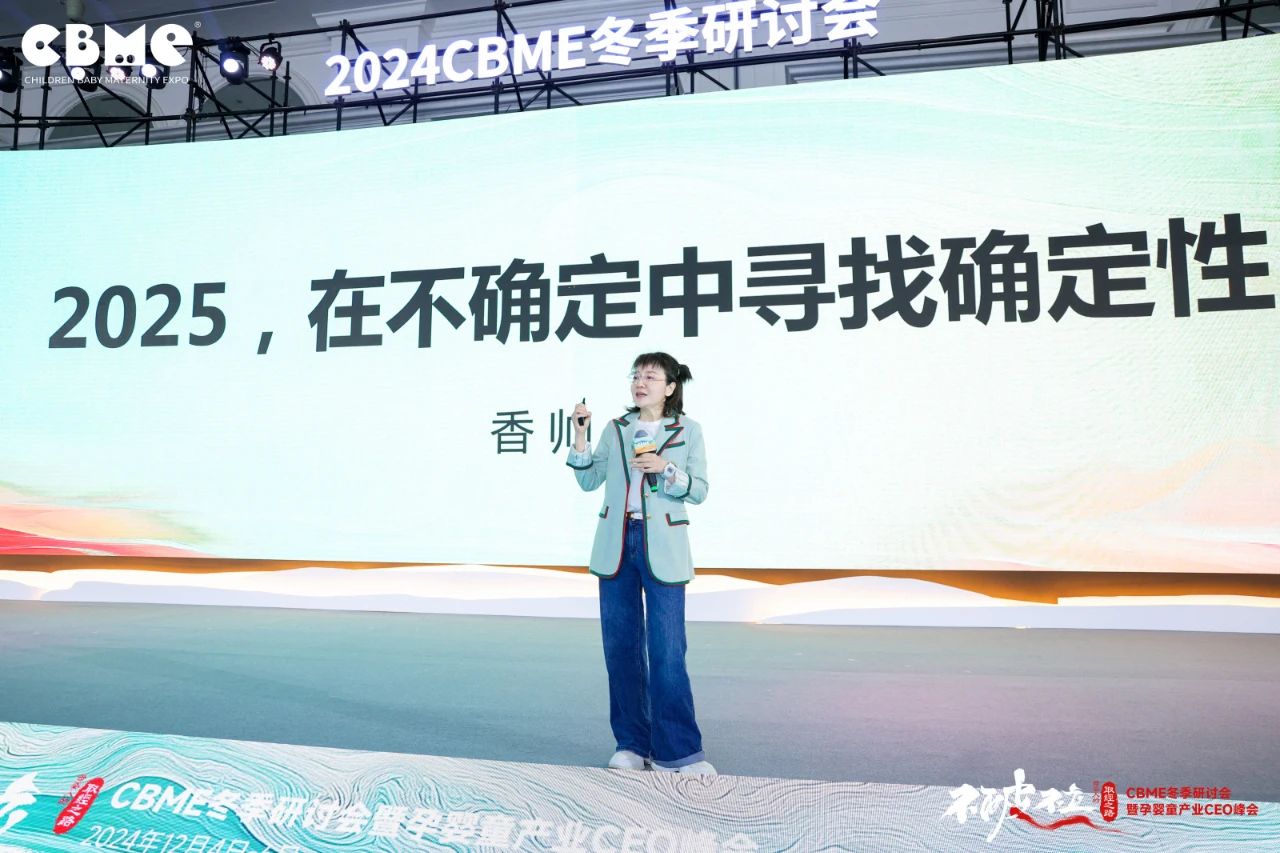In his signature speech titled “Common Tide and Life,” economic scholar Xiang Shuai mentioned that in the past four decades, the ups and downs of generations have been driven by massive waves — industrialization, urbanization, globalization, and informationalization of the internet. However, from the year 2020, these four forces, which had underpinned the bonuses of several generations, have been gradually fading away. This is also the source of the current perceived tearing and pain.
Yet, in such an era that appears to be marked by economic downturns and consumer downgrading, the flip side is that demand for aesthetics, quality, and individualization are on the rise, and the concept of consumption is evolving upward.
“The problem is that in recent years, the overall market has contracted so severely that the narrative of ‘consumer downgrading’ has overshadowed the structural changes in the upgrading of consumer concepts,” he stated.
What businesses need to do is to correctly recognize the structural changes in the domestic consumption market and to find structural breakthrough points within the existing market competition.
At the end of 2024, at the CBME winter seminar and the Maternity, Baby and Child Industry CEO Summit hosted by CBME, Xiang Shuai gave a two-hour keynote speech entitled “2025, How to Find Certainty in Uncertainty,” hoping to provide directional guidance for practitioners.

From rigid demand to elastic demand,
companies must move from satisfying needs to stimulating demand.
Xiang Shuai mentioned that today’s society has entered a post-material era. In the material era, most needs were tangible, and merchants only needed to satisfy what was required. In contrast, needs in the post-material era are abstract and must be stimulated in specific contexts.
Stimulating demand is a key characteristic of what is known as the “planting grass economy,” which is a powerful growth driver for businesses.
Xiang Shuai exemplified that a 60-year-old retired female teacher she knew went to try out a “travel photography” service that was included in a hotel package while traveling. The process of dressing up, taking photos, retouching, and sharing on social networks completely captivated her, and she even managed to ‘plant grass’ for her friends. Since then, whenever the group travels, they almost always participate in travel photography shoots.
“The older lady had never known about ‘travel photography,’ let alone thought she would need it. But what did she need? To feel beautiful, self-identity, to gain attention — in this story, these abstract needs were stimulated into consumption.”
Xiang Shuai pointed out that the number of future essential needs is likely to decrease, and the focal points for stimulating demand could be centered around three aspects: beauty; fear of aging (not death); and the independent purchasing power of women. Today’s women are not centered on family-oriented consumption; their purchases are primarily made for self-pleasure.
Therefore, demand must be stimulated. Of course, triggering demand is the first step; how to continue to stimulate demand is fundamental.
From functional needs to emotional/aesthetic needs,
companies must shift from quality logic to experience logic.
Why do people travel all the way from Wuhan to Changsha just to queue for a cup of tea from Tea Yan Yue Se? Why can Jellycat, a plush toy brand, sell so expensively and still have a market? Why have fragrance products shown a strong growth trend this year?
Xiang Shuai summarized it in one sentence: The greatest opportunities of the future are hidden in the concept of a beautiful lifestyle.
She believes when it’s easy to meet basic needs, human desires aren’t driven by practicality or functionality but by immaterial feelings, such as whether something is beautiful enough, unique enough, or fully expressive of one’s identity.
This has led to a new business logic where companies must evolve from product and quality logic to experience logic.

From product needs to service needs,
companies must move from one-time interactions to repeated engagements to build long-term trust.
“If goods are logically ‘material,’ services are logically ‘personal,'” says Xiang Shuai.
In her view, for entrepreneurs, a transaction marks a single exchange, ending once the product is sold and the money is received. Service, however, revolves around the person, transitioning from a one-time interaction to repeated engagements.
During past periods of growth, even though one-time interactions could be adversarial, businesses could still grow due to easy customer acquisition, low costs, and rapid acceleration.
However, things are different in an era of existing resources. Now, one must conduct business centered around people and build long-term trust with consumers, focusing on repeated engagements. The more localized the business, the more likely it is to engage repeatedly, thus necessitating strong trust with consumers.
In practical terms, Xiang Shuai pointed out the importance of businesses focusing on private domains and community operations to build a deep connection from an initially shallow relationship.
“The private domain is a core advantage of offline compared to online, and today a company having a thousand loyal, high-net-worth, long-life consumers is much more valuable than ten thousand with a single purchase.”
Consumption decisions becoming “narrative, community-oriented, and digital,” companies need to leverage digital tools.
In 2024, among the highly competitive electric water heater market, a product named “Xiao Si Tang Electric Water Heater” stood out with its concept of “strontium-rich water for a healthy bathing experience.” Its built-in PCC rock activation technology was advertised to accelerate water mineralization and continuously release strontium minerals beneficial to the body, offering not just purified water but also nourishing the skin during bathing.
This exemplifies “storytelling” in consumer decision-making.
In an office, the people who watch Zhang Xiaohui’s live stream become a small community, discussing the products bought from Zhang’s live stream, constituting social currency.
This exemplifies the “community-oriented” aspect of consumption decision-making.
A housekeeper from an O2O platform knows precisely how to purchase her traffic, how to get the platform to recommend quality customers; pre-ordering a milk tea via a mini-program before even reaching the store and tracking the order at any time….
This reflects the “digital” aspect of consumption decisions, and according to Xiang Shuai, “China is the place with the highest level of consumer digitalization in the world.”
Based on these trends, Xiang Shuai mentioned that when businesses today craft their brand stories, they can no longer tell large but empty tales. They need to resonate with the spirit of the times; meet the consumers’ need for social interaction; and more importantly, harness digital tools effectively.
Xiang Shuai believes that only by skilfully utilizing digital tools to optimize organizational structures, completing the closed-loop optimization of data-products-services, can a company rapidly and sensitively capture changes in consumption trends and seize consumer sentiment.
Xiang Shuai’s Conclusion
The era we have experienced in the past could be called “the era of small hours,” where the economy was stable and times were serene. Starting a business in such times typically required grand visions to stimulate dopamine.
However, between 2018 and 2022, we officially entered the turbulent era of big tides.
What do entrepreneurs need in these uncertain times?
They need resilient spirits. They must be capable of touching the sky but also bending to the ground. Another word is to be forever cautious and always optimistic.
They need an open system. The baseline leadership of entrepreneurs in big times should equal tolerance, learning ability, and iterative capability.
They need to apply the Bayesian survival theorem: accurate, small, stable, and fast.
This can be broken down into four aspects:
- Look for small opportunities in the big direction. There are opportunities only if the trend is right and the entry point is small enough to survive.
- Iterate repeatedly for survival; otherwise, all opportunities are just talk.
- Iterate rapidly; no one waits for you.
- Don’t gamble big; avoid big mistakes, or recovery becomes too hard.

Lastly, I’d like to share a word from He Fan: “When the tide goes out, we move onto the shore and evolve into amphibians.”
Keywords:
1. international maternity and baby tradeshow dates









